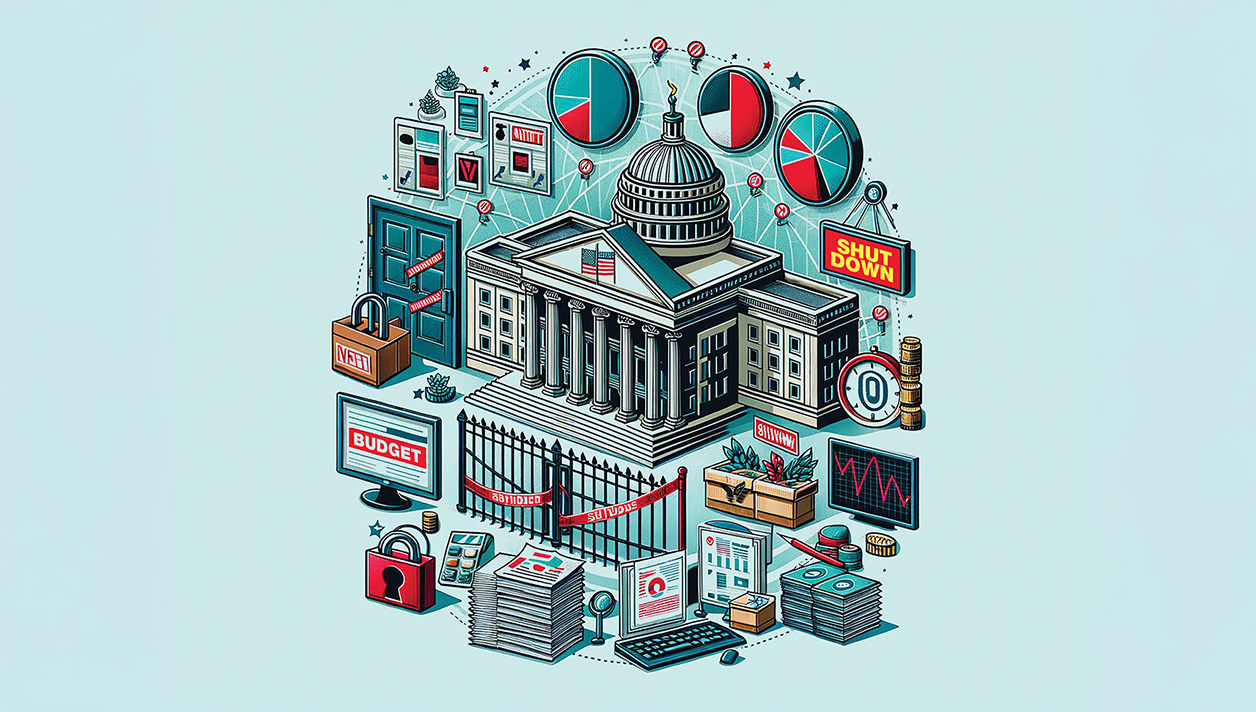As of writing this column, the federal government is shut down. It is possible that the state government follows suit. The federal government typically shuts down for one of two reasons: either the debt ceiling has been reached, or the fiscal year has ended without a new budget. In this case, both the federal and potentially the state governments have shut down for the latter reason.
The federal government exists to produce goods and services that would be difficult to produce otherwise, given the traditional lack of a profit motive for these things.
A classic example is roads. Charging directly for road use is impractical—it would require toll booths at every intersection. Instead, the government funds roads through taxes, such as the gas tax. While modern technology (like GPS or in-car odometers) could allow private companies to charge based on miles driven, this would represent a radical departure from the status quo. The point is: the federal government exists to deliver essential services funded by taxpayers.
A government shutdown disrupts these services—even though taxpayers continue to pay for them.
For instance:
- Flights may be delayed as air traffic controllers and TSA agents continue to work without pay.
- Museums and national parks may close due to the lack of funding.
- Federal agencies like the FDA—which corporations rely on to operate—may also cease daily functions.
The shutdown introduces uncertainty into the economy, potentially affecting both stock prices and business hiring decisions. For example, the latest private payroll jobs report by ADP showed the private sector lost 33,000 jobs in September.
The brokenness of the legislative process is illustrated by the fact the budget gets held up by this, and thus the government shuts down, rather than handling this through the usual legislative process.
The failure to adopt a budget for the 2025–26 fiscal year is primarily due to unresolved policy differences between Republicans and Democrats. One key sticking point is the Affordable Care Act’s insurance subsidies. These subsidies were temporarily expanded during COVID, but are set to expire at the end of this year.
One can argue, channeling Ronald Reagan, if this temporary government program should become yet another permanent one. However, the brokenness of the legislative process is illustrated by the fact the budget gets held up by this, and thus the government shuts down, rather than handling this through the usual legislative process.
This turns the federal budget into a game of chicken, with each side hoping the other will blink first and agree to a compromise, while taxpayers bear the consequences.
I expect this to continue so long as the normal legislative process remains broken. I also expect this to continue if the government continues to run massive budget deficits that require regular increase in the debt ceiling, which requires a similar set of negotiations.
This is not an effective way to run a government, but it looks to be the norm for the foreseeable future.


































